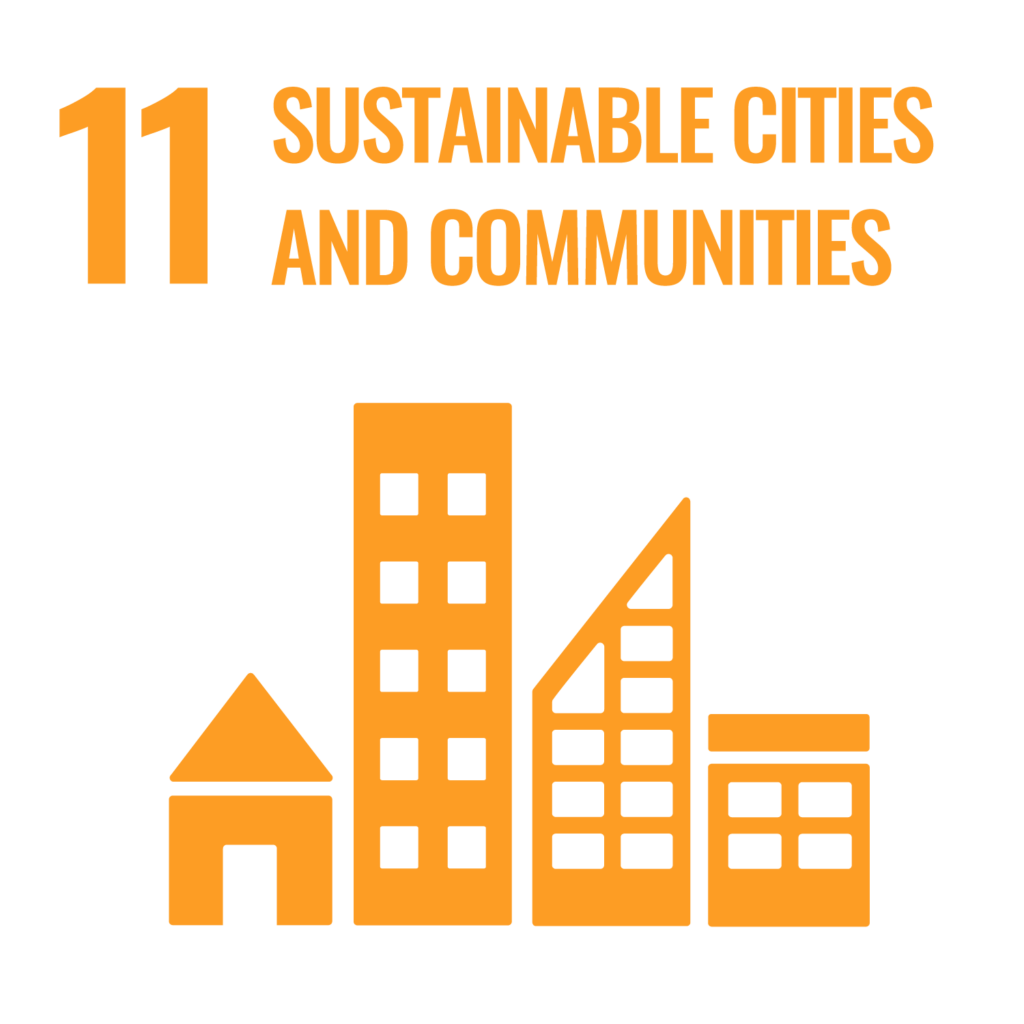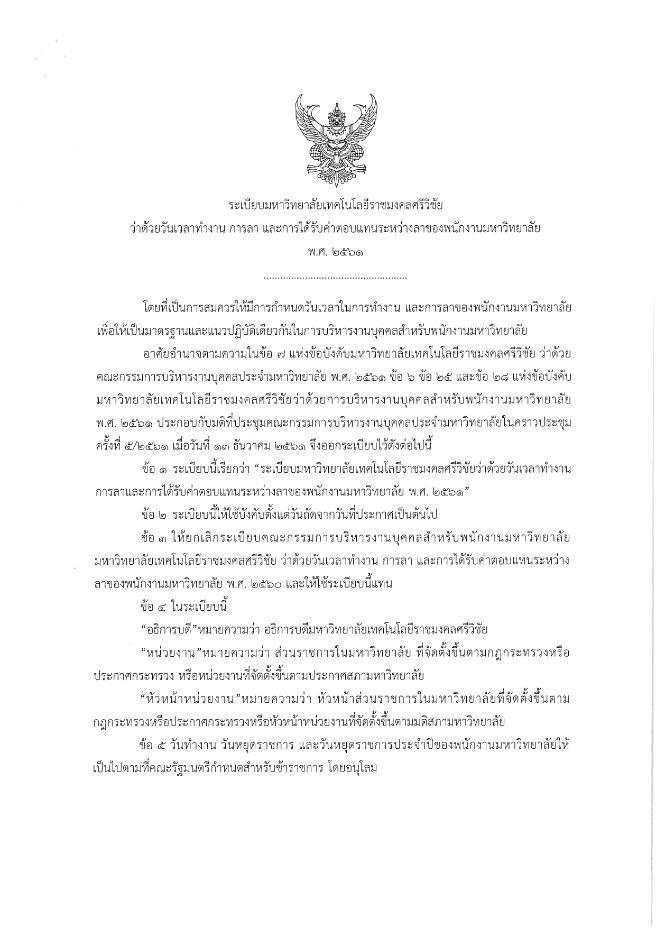Reporters: Dr. Jaray Suwannachart, Asst.Prof.Dr. Tachaya Sangkakool, Asst.Prof.Surawat Moogem, Tussawan Thong-on, Natrada Boonthad and Natpakal Poolperm
Evidence Date: January 23, 2024
Related Indicators: 11.3.1 11.3.2
Details: Supporting details and pictures
The Project on Human Resource Development through Technology and Innovation for the New Coastal Tourism Industry (Coastal Tourist) is an initiative designed to enhance sustainable tourism capacity along Thailand’s southern coastline. With a total budget of 2,650,000 THB, the project integrates design innovation, environmental responsibility, and human resource development to support the transformation of the Gulf of Thailand–Andaman coastal zone into a model region for eco-tourism and creative economy growth.
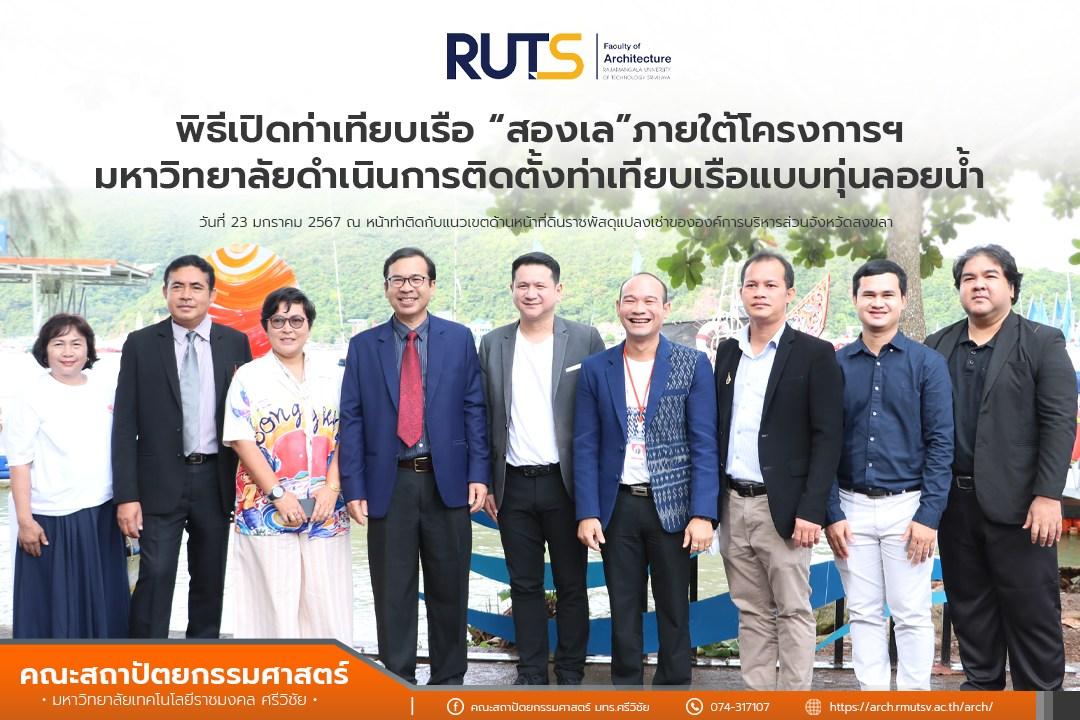
A key component of the project, Development of Eco-Friendly and Sustainable Landscape Architecture, was implemented with a budget of 500,000 THB. This sub-activity served as a prototype for landscape design promoting coastal tourism and environmental stewardship, focusing on the public beachfront area in front of RUTS.
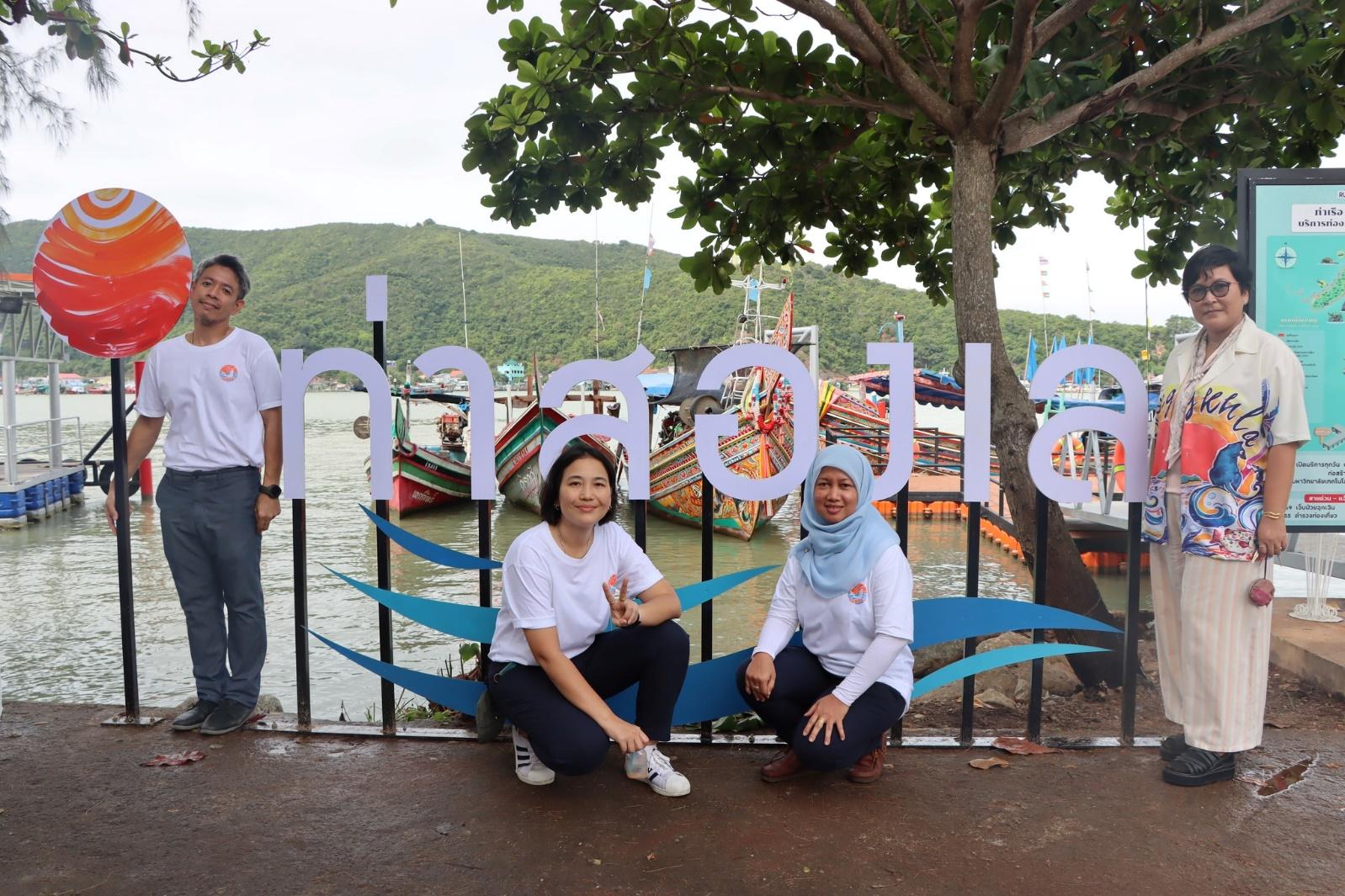
The project applies principles of green infrastructure, low-impact design (LID), and coastal resilience to create an accessible, safe, and inclusive outdoor space that enhances both tourism experience and ecological balance. It also provides a learning site for students, researchers, and local communities, fostering awareness of sustainable design and coastal ecosystem preservation.
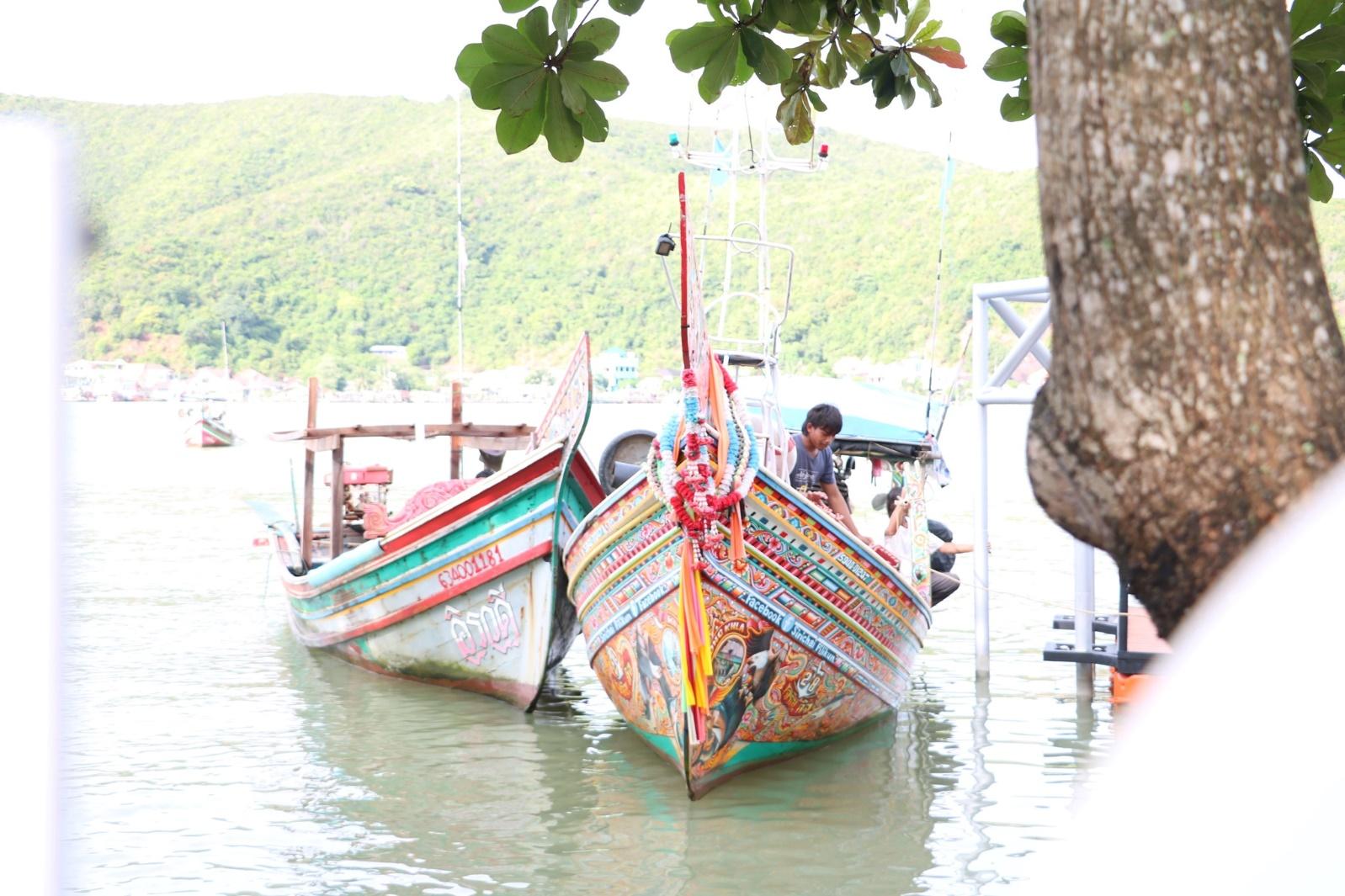
The project aligns strongly with the Sustainable Development Goals (SDGs), particularly, supports inclusive and sustainable spatial planning by integrating eco-design principles into the development of urban coastal environments, ensuring that planning and design enhance both environmental protection and community accessibility. The initiative also contributes by expanding safe, green, and inclusive public spaces along the coastline, providing environmental and social benefits that improve the quality of life for local residents and visitors.
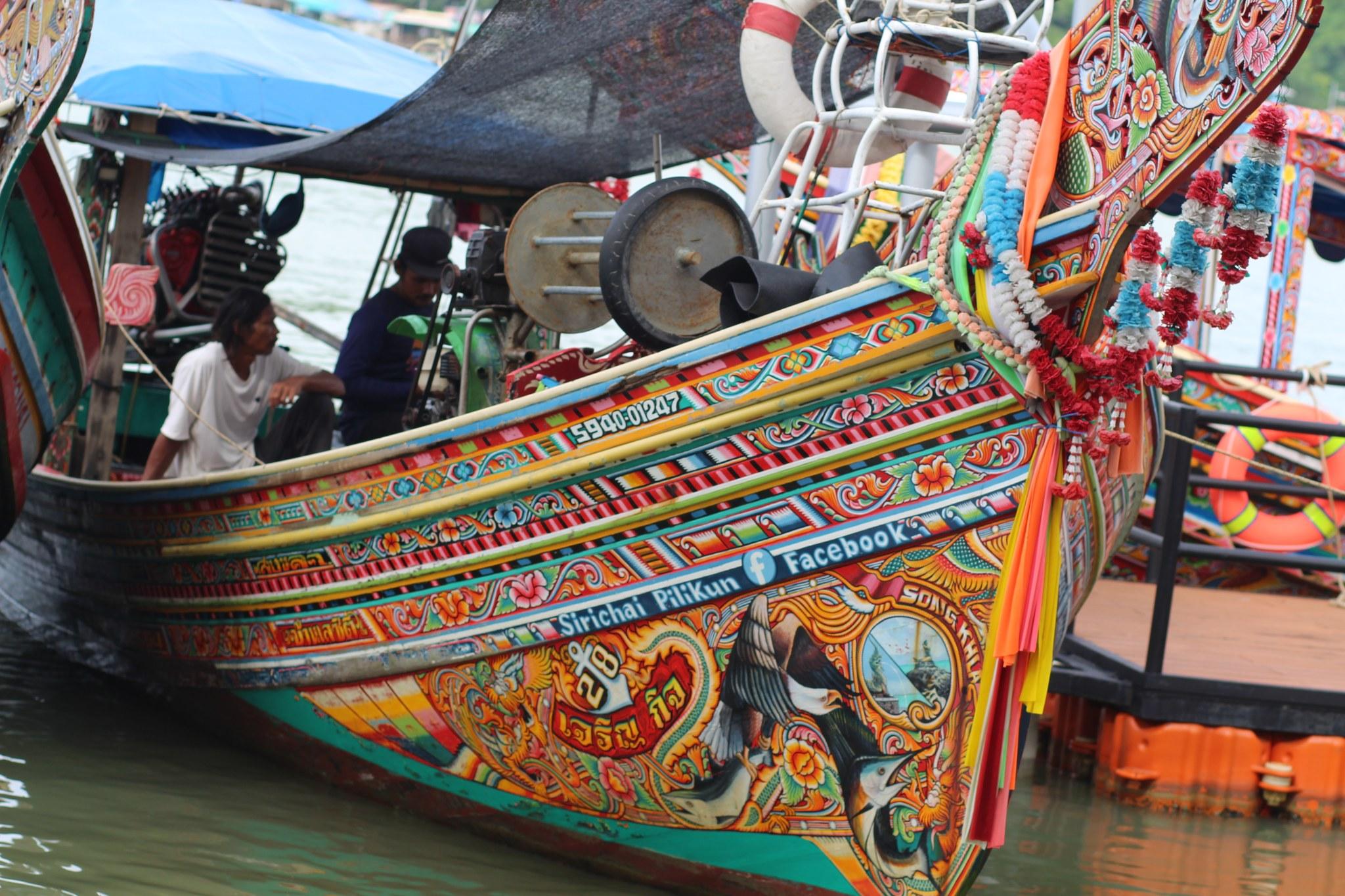
In addition, the project advances by developing sustainable tourism models that generate employment, support local economies, and promote cultural and ecological sustainability across the Gulf of Thailand and Andaman regions. The project’s approach connects design innovation with responsible tourism, encouraging communities to engage in green economic growth and long-term resilience.
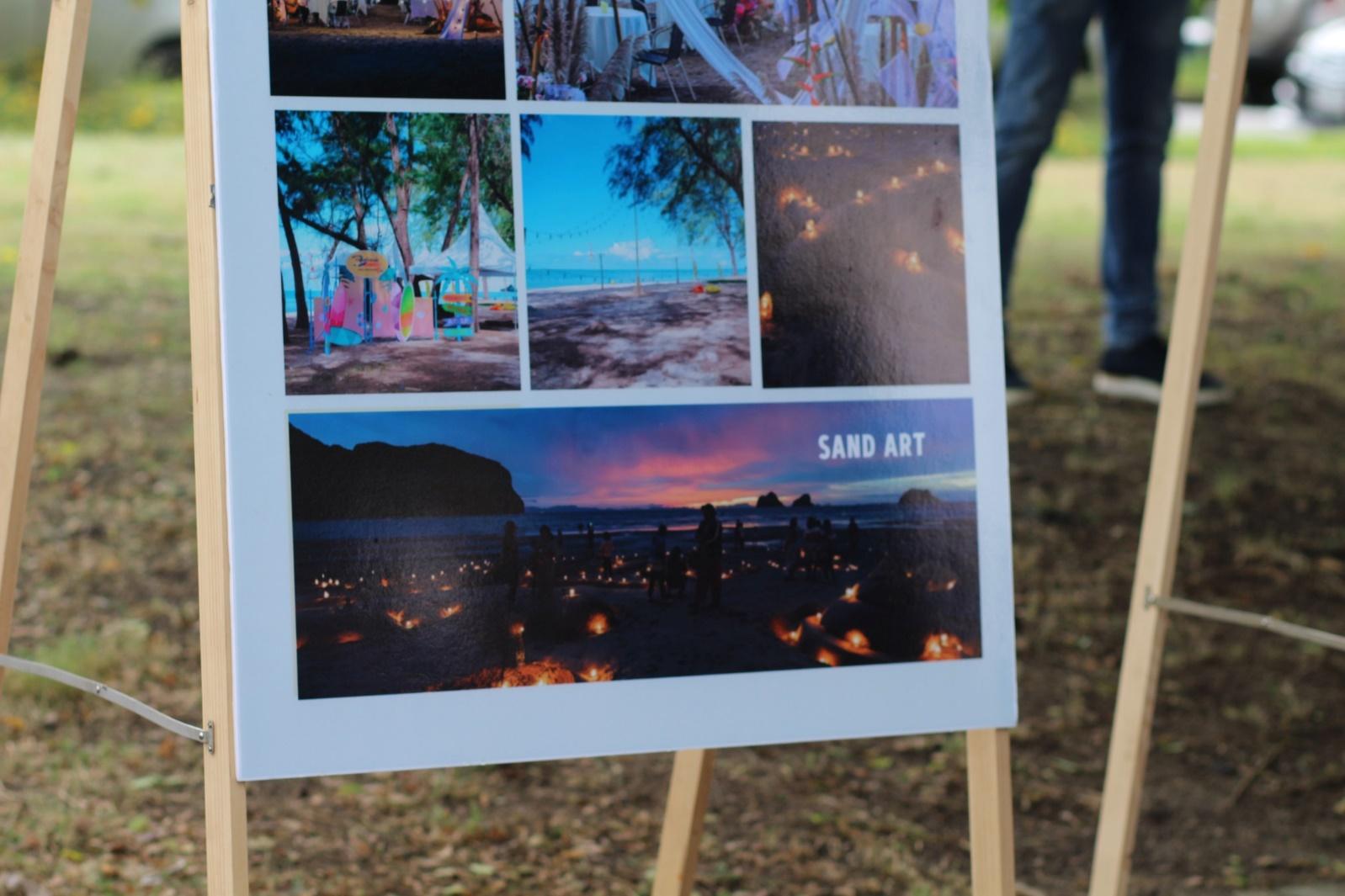
Furthermore, the project contributes by promoting adaptation strategies to coastal environmental changes. Through green design solutions, such as resilient landscapes and low-impact development, the initiative helps mitigate the effects of erosion, urban heat, and sea-level rise. Altogether, this project exemplifies how sustainable landscape architecture and design innovation can simultaneously support economic vitality, community inclusiveness, and environmental resilience along Thailand’s coastal areas.
Related Links:

